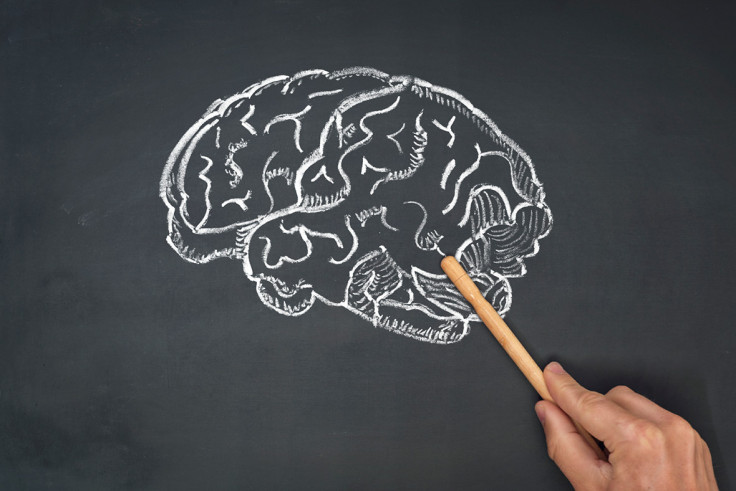Why having a gut feeling really does exist - and how it influences your mental health
A small study has linked specific bacteria to regions of the human brain.

That gut feeling you can experience at times may have more of a biological basis than you may think. Scientists have just identified a link between certain types of bacteria present in our gut and brain regions associated with mood and behaviour.
In recent years, the idea that the multiple bacteria in our guts can impact not only on our physical health but also on our mind has gained momentum.
Many studies on rodents have been published, showing that gut bacteria - collectively known as microbiome - can influence neural development and brain chemistry but also emotions and perception of pain.
On the other hand, the brain can also alter the composition of gut bacteria. Stress has been shown to change the balance of our microbiome, making people more susceptible to disease and infection.
This field of research is promising, as it paves the way for scientists to develop new interventions involving the introduction of beneficial bacteria in the body, in order to manage mood and anxiety disorders. It could also help improve the way many gastrointestinal disorders - which can be tightly linked to a person's mental health - are treated.
However, research in humans remains in its infancy, as most of the studies to date have been conducted in animals. As such, it is still difficult to draw conclusions about how gut bacteria are affecting human mental health and brain chemistry.
In a study now published in the journal Psychosomatic Medicine: Journal of Behavioral Medicine, researchers have shown a link between specific bacteria and the emotions processed by the brain, in humans.
Faecal samples
Led by scientists from UCLA, this study looked at faecal samples from 40 healthy women. These samples were profiled to find out the most common bacteria inhabiting their guts. Depending on this 'profile', they were then divided into two groups.
Thirty-three women were part of the first group - analyses revealed that they had more of a bacterium called Bacteroides in their guts. The seven other women were put in the second group and had more of a bacteria called Prevotella bacteria.
The women then underwent fMRI scans to monitor their brain activity as they were shown images of individuals or event that evoked a particular emotional response - whether positive or negative.
The scientists identified differences in brain structure and brain activity. Women in the first group showed greater thickness of the gray matter in two regions involved with complex processing of information - the frontal cortex and insula. Their hippocampus, which is involved in memory processing, also appeared to be larger.
In contrast, in the second group, more connections between emotional, attentional and sensory brain regions were seen. Several regions, including the hippocampus, had a lower volume than that of women in the first group. Importantly, these women reported different emotional states when looking at the images - they were more likely to report to higher levels of negative feelings such as anxiety, distress and irritability after watching negative images.
There are important limitations to this study. The scientists only had access to a small sample of women with no mental health issues. Future research will have to include more participants - especially in the Prevotella bacteria group - to validate these results.
Furthermore, it is still not clear how bacteria interact with the brain and influence emotional states. So far, the scientists are only able to report an association, but they do not explain the mechanisms.
However, the study is valuable because it supports the idea of brain-gut-microbiota interactions in healthy humans and as such, it will likely motivate scientists to continue investigating these issues further in humans.
This research was supported by grants from Danone Research and from the National Institutes of Health.
© Copyright IBTimes 2025. All rights reserved.






















